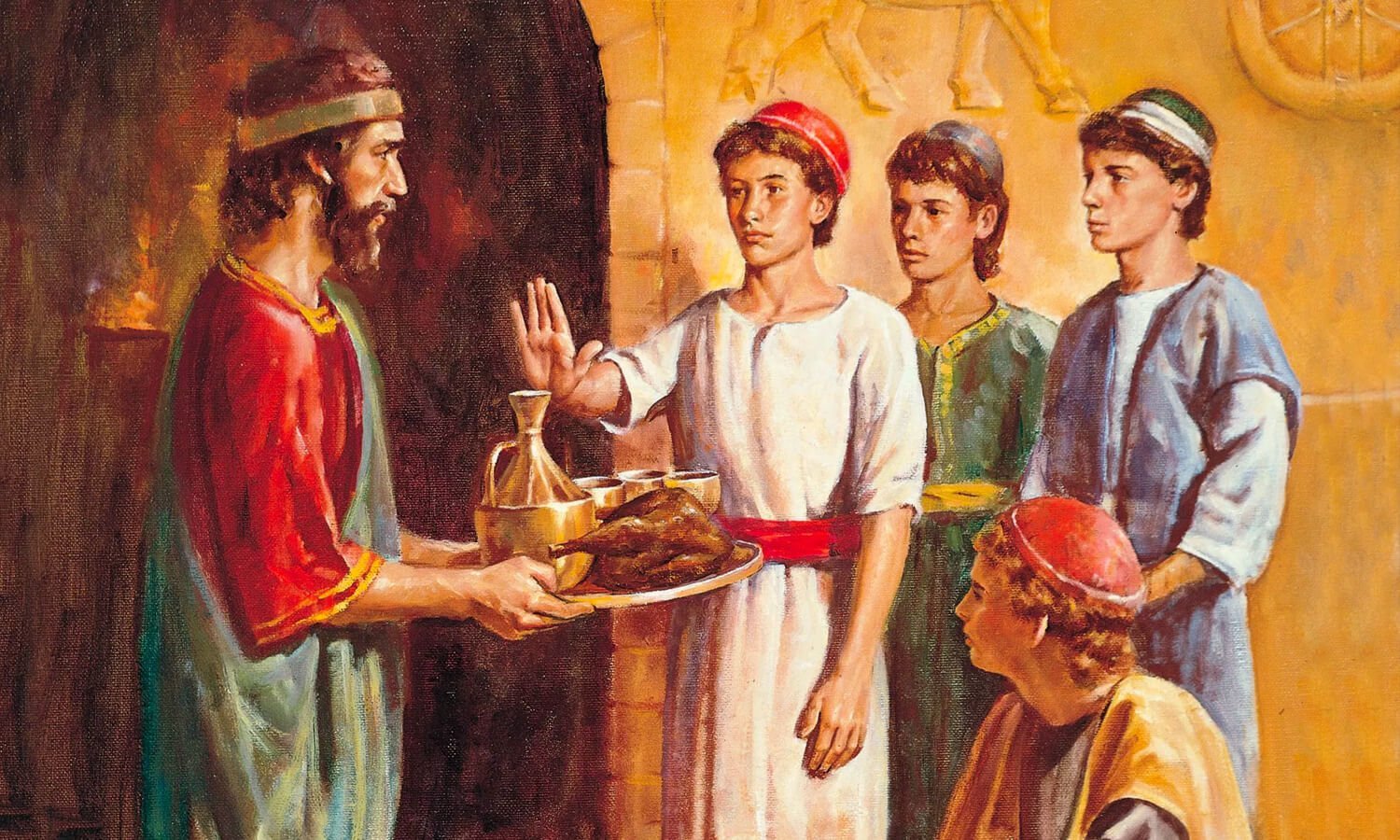
When you think about Daniel, what comes to mind? The den of lions! The chorus, “Dare to be a Daniel, dare to stand alone, dare to have a true purpose, and dare to make it known,” may also be mentioned. That is Daniel 6’s excellent lesson. However, God intends to teach us far more than just the twelve chapters found in Daniel. Throughout Daniel’s sojourn in Babylon, events are chronicled in the first six chapters. The Greek word for “unveiling” (apocalyptic) refers to the second six. They document the sights and dreams that God gave Daniel.
Exiled to Babylon
About 600 years preceded Christ in Daniel’s life. Following Nebuchadnezzar’s conquest of Jerusalem, he was banished to Babylon together with Hananiah, Mishael, and Azariah. When they were abducted from their family, they were most likely in their teens. In order to prepare them for enrollment into the Babylonian civil service, their names were altered, they were forced to study Babylonian literature, and they were exposed to their culture and customs (Daniel 1:1-7).
Compromises
Daniel and his friends knew exactly what kind of concessions they could and could not accept. The one true God, Yahweh, was worshipped by the Babylonians despite their devotion of several other gods. From the beginning, they demonstrated their position by declining to “defile” themselves with “royal food and wine.” They were discovered to be “healthier and better nourished” than the others as a result of God rewarding their loyalty (Daniel 1:8–19). Later, Daniel and his three friends were cast into a flaming furnace for refusing to worship the golden image of King Nebuchadnezzar, but God saved them and they came out of the furnace unharmed (3:1–30).
Daniel, who prayed only to Yahweh, was cast into a den of lions when Darius the Mede invaded Babylon and ruled that everyone who prayed to any deity other than himself would be killed. Once more, God showed up, allowing Daniel to escape unharmed and elevating Yahweh (6:1-27). God will reward our loyalty and be exalted when we speak up for Him, regardless of the repercussions.
Dreams by Nebuchadnezzar
Nebuchadnezzar summoned Daniel to explain two of his dreams (2:1-45, 4:1-27). Subsequently, the writing that had unexplainably appeared on the wall was called upon by the Queen to translate for King Belshazzar (5:1-30). Why did even aristocracy turn to Daniel for assistance? Since he was regarded as a godly, informed, and wise individual who was forthright in his speech and honest (4:27, 5:11–12, 5:17, 5:22–28). God does not anticipate that everyone will be able to decipher dreams. But all of us [are able to live virtuous lives] by the power of the Holy Spirit. We can all pray to God for wisdom and the capacity to learn new things. Daniel also teaches us to face wrongdoing head-on without fear.
Prayer and study
Daniel knew from the Scriptures that Jerusalem would be desolate for seventy years, according to Jeremiah’s prophecy (9:1-2). In a prayer for his people, he begged God and simultaneously acknowledged the nation’s transgressions (9:4-19). In a nation where idolatry predominated, Daniel was able to maintain his faith via prayer and the [study of God’s word]. Establishing regular time slots for prayer and scripture study with God is the only way we can have any depth in our connection with Him.
Dreams and visions
God gave Daniel (Daniel 7–12) dreams and visions that have to do with the destiny of the world’s nations. For us, some of the events that are mentioned have already happened. But some still have to happen, and some speak of the end times (12:1–12). This demonstrates to us God’s sovereignty. He is the beginning and the end; he is the Alpha and the Omega. We know that He loved us enough to send His Son to die for us, so we may put our trust in Him with our life (John 3:16).
It is our goal that you will read the entire book of Daniel and allow God to use His word to speak to you.





